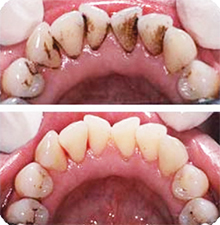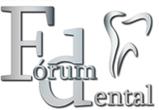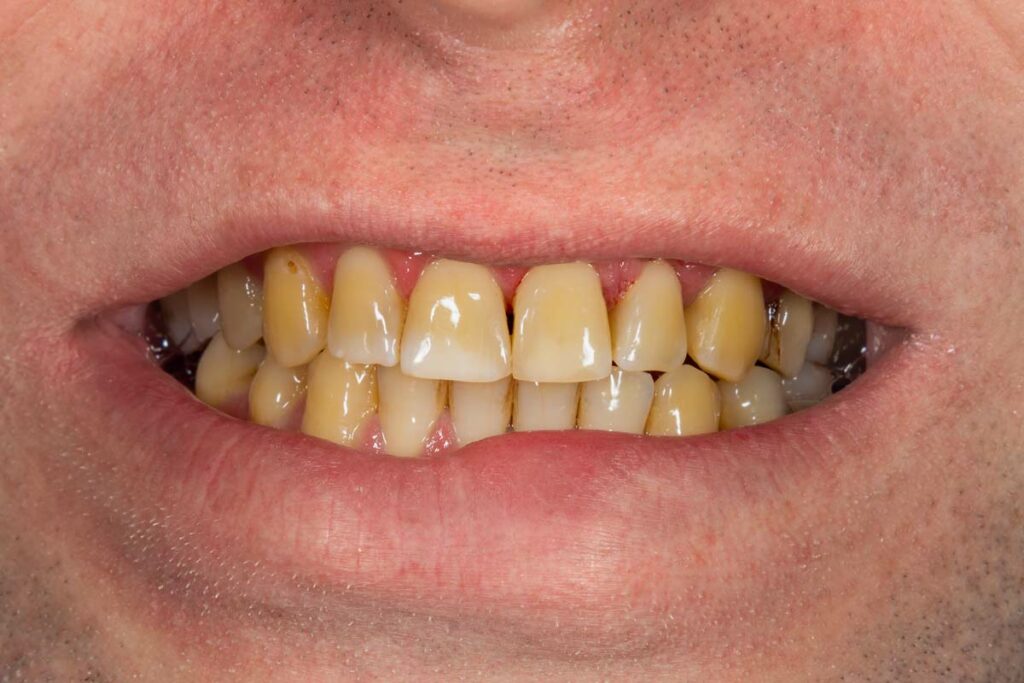Smoking is bad for your whole body. Most of what we hear about are the effects on the cardiovascular system and the lungs. Few people are aware of its effects on the oral cavity and teeth, which is interesting because the first point of contact with tobacco smoke is the oral cavity.
At its highest concentration, tobacco smoke comes into contact with the mucous membranes of the oral cavity and therefore causes significant damage.
Smoke inhaled during smoking contains a number of irritating, toxic substances that cause inflammation of all tissues it comes into contact with.
Experience shows that a higher percentage of people who smoke gingivitis , than those who do not smoke. This is the smoking-induced vasoconstriction . Vasoconstriction reduces the blood supply to the tissues, resulting in a significant loss of oxygen and nutrients. The oral mucosa and gums become more sensitive and less resistant to bacteria. In severe cases, the damage to the periodontium can be so severe that the periodontium breaks down, the teeth become mobile and the patient may lose teeth.
Increased smoking in smokers tartar deposits along with a characteristic lesion in the brownish discolouration of teeth , which, in addition to being an aesthetic drawback, can result in a very unpleasant halitosis. This discolouration is performed at the same time as ultrasonic tartar removal can be removed in a short time by sandblasting . More about the treatment here .

Dental scaling and sandblasting – Before and after
Smoking in the the main risk factor for periodontal disease . Even smokers with good oral hygiene have a high risk of developing oral diseases, gingivitis.
The development and severity of gingivitis can definitely be improved by smoking cessation, but it should be emphasised thatprofessional dental intervention (tartar removal, gum treatment, etc.) is needed to eliminate and cure gingivitis and periodontal disease .
If you have any questions or would like to have your teeth checked, please feel free to contact our dentists, who will be happy to help you!

